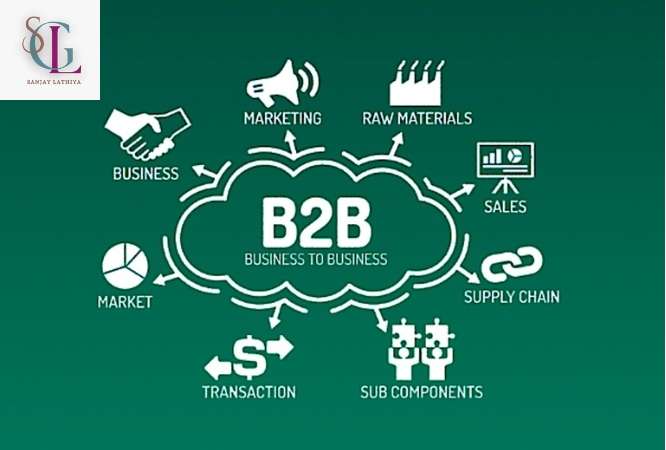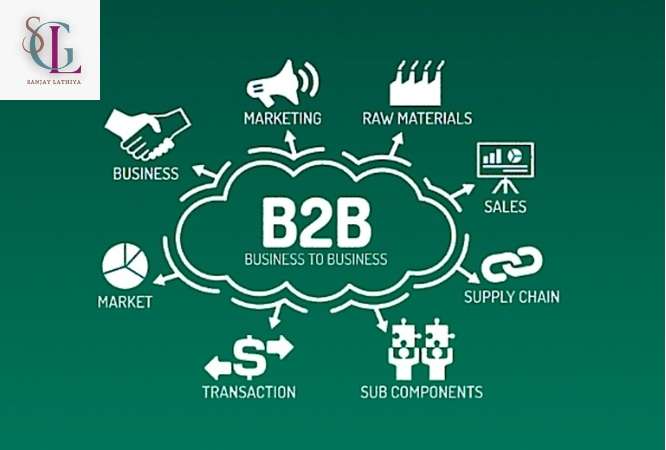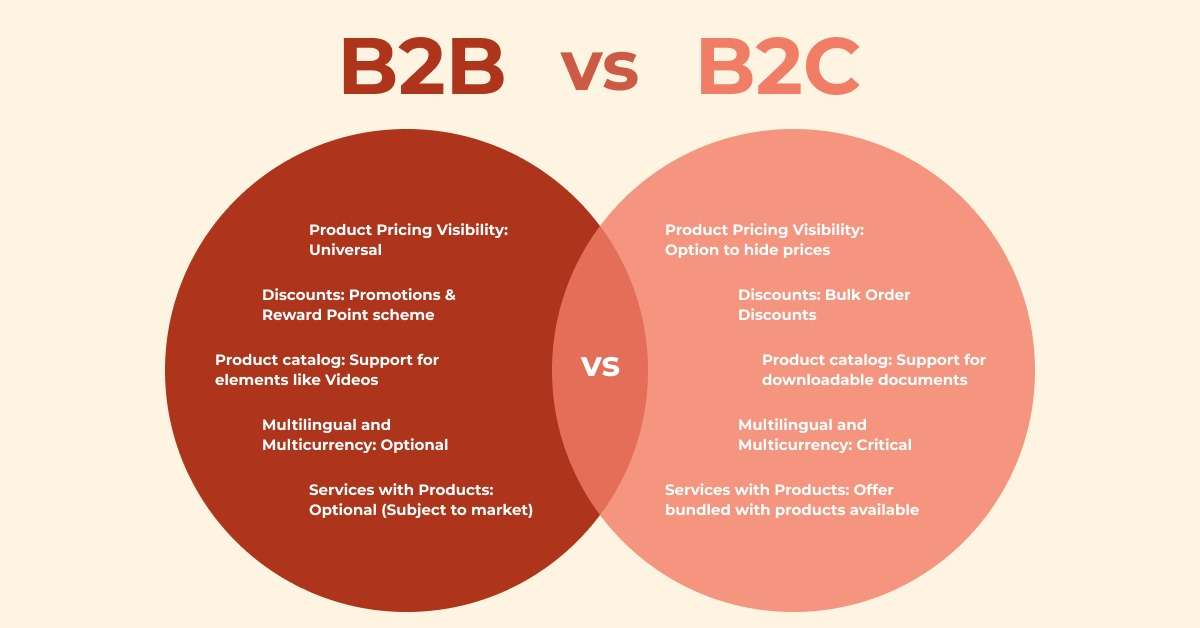B2B vs B2C: Understanding the Key Differences in Business Models

May 28, 2025
What Is B2B ?
In recent years, attention to B2B or business-to-business, has become very pronounced in the business community. What do we mean when we say this?
Simply put, B2B is when one business buys from or sells to another business. Unlike B2C, in B2B businesses are required to provide products or services to other businesses, not to individuals.
Yet B2B has been with us for a long time now. In fact, tax systems have existed for many hundreds of years. Earlier, organizations that wished to buy or sell business goods dealt mostly by meeting in person, calling each other or sending faxes. Because of fast technological changes, how B2B works has been thoroughly transformed.
Currently, companies can easily complete B2B transactions online which has made trading business-to-business much simpler and faster. E-commerce, social media and similar digital tools have made it possible for businesses to connect with people involved in B2B trading all across the globe.
Why should we care about B2B? Below are several reasons why businesses need effective B2B strategies today:
1. Increased efficiency and cost savings
One important benefit of B2B transactions is the chance to work more efficiently and save money. Digital tools allow companies to streamline how they move goods, automate parts of their process and decrease the time and expenses related to each sale or purchase. Doing this can help businesses save cash and concentrate on other vital areas of what they do.
2. Global reach
Businesses in the past had to depend on transportation to deliver goods to customers located in various countries. Now that B2B e-commerce platforms have become available, businesses can sell to customers around the globe. That leads to greater chances to develop and increase your earnings.
3. Data-driven decision making
B2B business activities lead to a great deal of data that can be used to learn about customers, understand current trends and assess the entire company’s performance. Such data allows businesses to make choices that will boost their growth and improve profit margins.
4. Collaboration and partnerships
Thanks to B2B, companies can join forces with peers to find new paths and introduce more products and services. Partnering up with other businesses allows companies to use their skills together to progress together.
5. Customer-centric approach
Businesses engage in B2B transactions, but it is the end customers who make them happen. That’s why B2B businesses should prioritize serving their customers well. When businesses understand what end customers like, they are better able to meet their needs, making them happier.
What is B2B & B2C Difference ?
In today's fast-paced and interconnected business world, terms like "b2b" and "b2c" have become a common buzzword. While they may sound similar, there are fundamental differences between these two business models that have a significant impact on how companies operate and interact with their customers. So, what exactly do these terms mean, and how do they differ from each other? Let's dive in and explore the differences between b2b and b2c.B2B (Business-to-Business) refers to a business model where companies sell products or services to other companies. In this type of transaction, the customer is a business, and the end consumer is generally another business or organization. B2B companies range from small-scale suppliers to large corporations providing specialized services or products. Examples of B2B businesses include wholesale suppliers, manufacturers, and logistics companies.
On the other hand, B2C (Business-to-Consumer) is a business model where companies sell products or services directly to the end consumer. In this case, the customer is an individual, and the end consumer is also an individual. B2C companies target a broader market as their products or services are intended for personal use. Examples of B2C businesses include retail stores, online shopping platforms, and food delivery services.
Now that we understand the basic definitions of b2b and b2c let's look at the differences between these two business models:
1. Target Audience:
The highest distinction between b2b and b2c is in the audience each one targets. The difference is that B2B companies focus on business sales and B2C on sales to individuals or households. Because of this, the marketing and sales processes between the two models are different. For B2B companies, the key is developing relationships and B2C companies often depend on advertisements to bring in customers.
2. Sales Process:
There is also a big difference in how sales are handled. In B2B, sales often take more time and are more complicated because negotiation, making contracts and involving different decision-makers is usual. A common trait for B2B companies is to hire sales professionals and operate with long sales periods. Unlike B2B, B2C companies tend to move sales along more quickly, focusing on making the buying process smooth and painless for consumers.
3. What is the product or service that the firm is offering?
What’s being offered can also separate B2B from B2C companies. Often, B2B companies develop unique and detailed products or services for their clients. They aim to create lasting links with their clients and assist them by solving their challenges. On the other hand, businesses in the B2C market offer many products or services, aiming mainly to satisfy their customers.
4. Pricing:
Apart from other differences, pricing strategies in b2b and b2c are very different. Most B2B companies tailor their prices according to each customer’s situation and the nature of their relationship. Supply costs are usually set by the amount ordered and any special services needed. On the other hand, B2C companies set their prices once and use demand and competition as factors.
5. Customer Relationship:
B2b and b2c companies also treat customer relationships differently. They work to build trustworthy relationships that help all partners succeed in the long run. Instead, B2C companies focus purely on buying and selling which means they try to increase their customer base by getting as many buyers as possible.
B2B and B2C have different uses and focus on different kinds of customers. Companies have to know the unique features and plans of each market to do well where they operate. No matter if you run a business or are buying goods, understanding the differences between b2b and b2c will help you make better choices.
Author : Sanjay Lathiya



